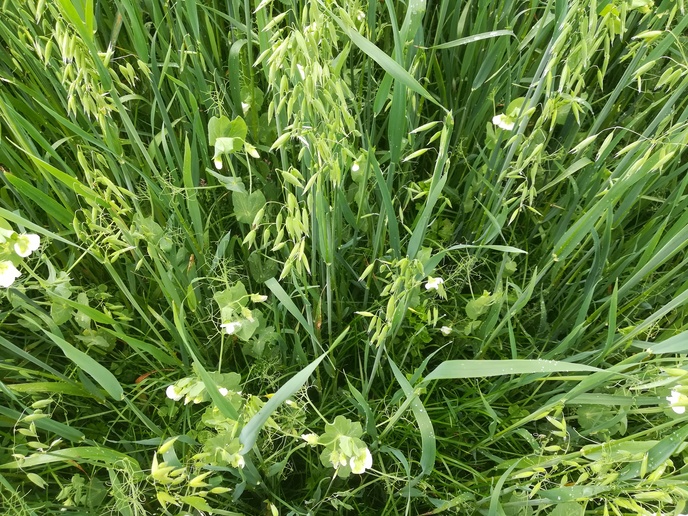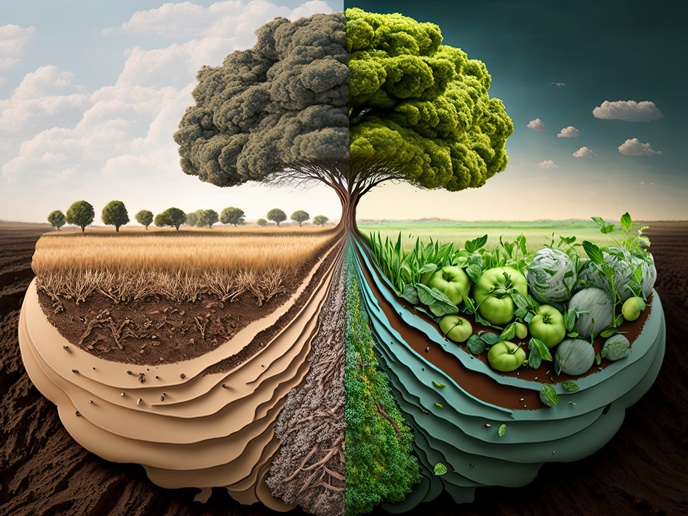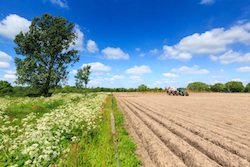How cooperative crops can boost sustainable farming
A growing population means more mouths to feed, demanding that we increase agricultural productivity. According to United Nations estimates(opens in new window), the world population could hit nearly 9.7 billion by 2050. Feeding these people would require a 60 % increase in agricultural production. This is not simply a matter of growing more food. “First and foremost, there’s the question of how climate change will impact crops and growing seasons in the coming years,” says Alison Karley(opens in new window), an agroecology researcher at the James Hutton Institute(opens in new window). “Farmers also need to develop new ways to grow more crops more sustainably, which means using less fertiliser, fewer pesticides, and relying more on crop diversity.” Although at first glance this may seem like ‘mission impossible’, one EU-funded project is taking a team approach towards finding a possible solution. Through the DIVERSify (Designing InnoVative plant teams for Ecosystem Resilience and agricultural Sustainability) project, a group of international researchers, farmers and other stakeholders have developed new ways to optimise productivity using plant teams. “Instead of planting a single type of crop, plant team cropping is an approach to farming that advocates crop diversification,” explains Karley, who serves as the project coordinator. “Our goal was to demonstrate how using a mixture of compatible crops not only increases productivity, but also decreases the need for chemicals and thus supports a more sustainable agriculture.”
The benefits of mixing it up
To start, researchers focused their efforts on understanding the potential benefits plant teams could bring to farming. Working directly with farmers in Europe and Africa, they identified best practices and challenges in plant team cropping, and trialled crop mixtures across different locations. “Our trials showed that mixtures suppress weeds, require less fertiliser, and often have fewer pests and diseases, all of which contribute to improved crop production without the need for chemicals,” remarks Karley. “Mixtures also increase habitat diversity, providing much-needed resources for pollinators and the natural enemies of pests, which are essential for an agroecosystem to function.” The project also concluded that due to more efficient resource use, plant teams have the potential to produce more yield than if each crop is grown separately.
Making the transition to plant teams
Despite these benefits, change is never easy and plant teams represent a very different way of cropping. To help farmers understand the benefits and necessity of making the transition to plant teams, the project developed several useful tools. For example, farmers can utilise the CropMIXER(opens in new window) tool for advice on crop combinations, management and inputs, and the InfoHub(opens in new window) guide for further technical information. The project has also facilitated a network where farmers and other stakeholders can share information and learn from each other. “A number of pioneering farmers, already using plant teams, have shared their knowledge and experiences and were instrumental in influencing others to give these new concepts a try,” says Karley.
Paving the way for future research
The DIVERSify project succeeded in demonstrating the vast potential of plant team cropping. “Our research shows that optimised plant team cropping diversifies the crop and the farming system, leading to increased productivity, greater agrobiodiversity, and more sustainable farming,” concludes Karley. “Our work paves the way for future research on sustainable cropping and food production.” Although the DIVERSify project is now finished, researchers continue to build on its activities and results. Partners are currently researching plant team breeding and working with farmers to build value chains around plant team products.







